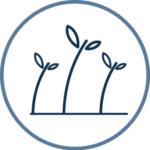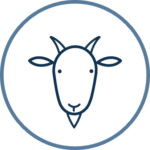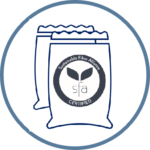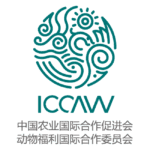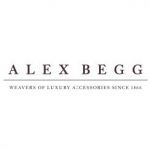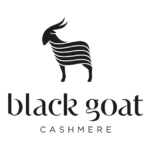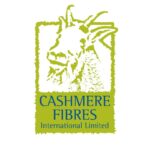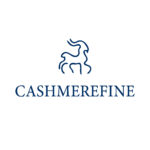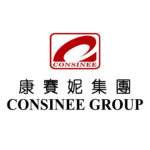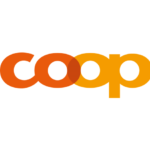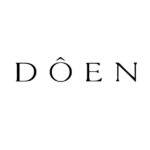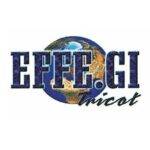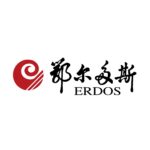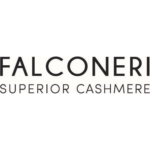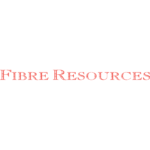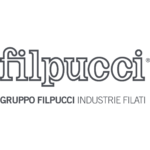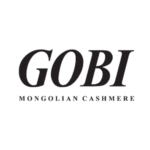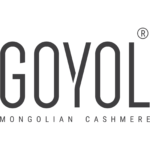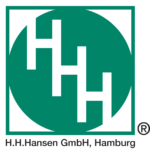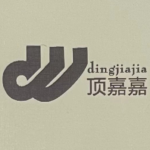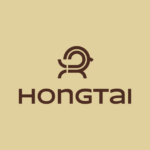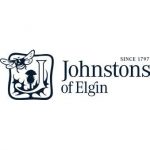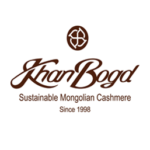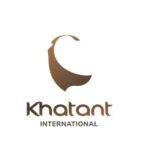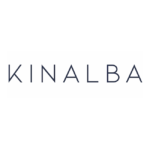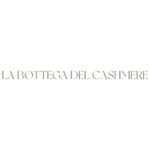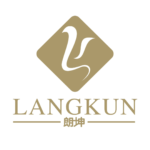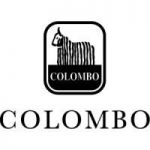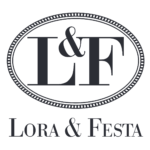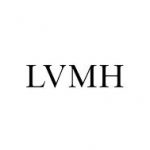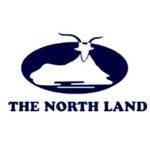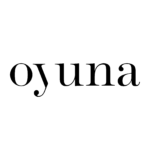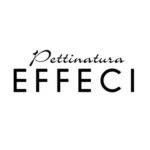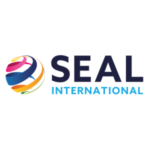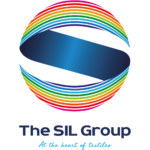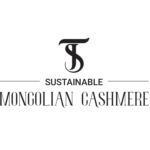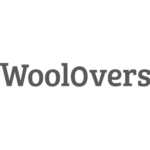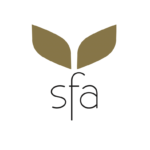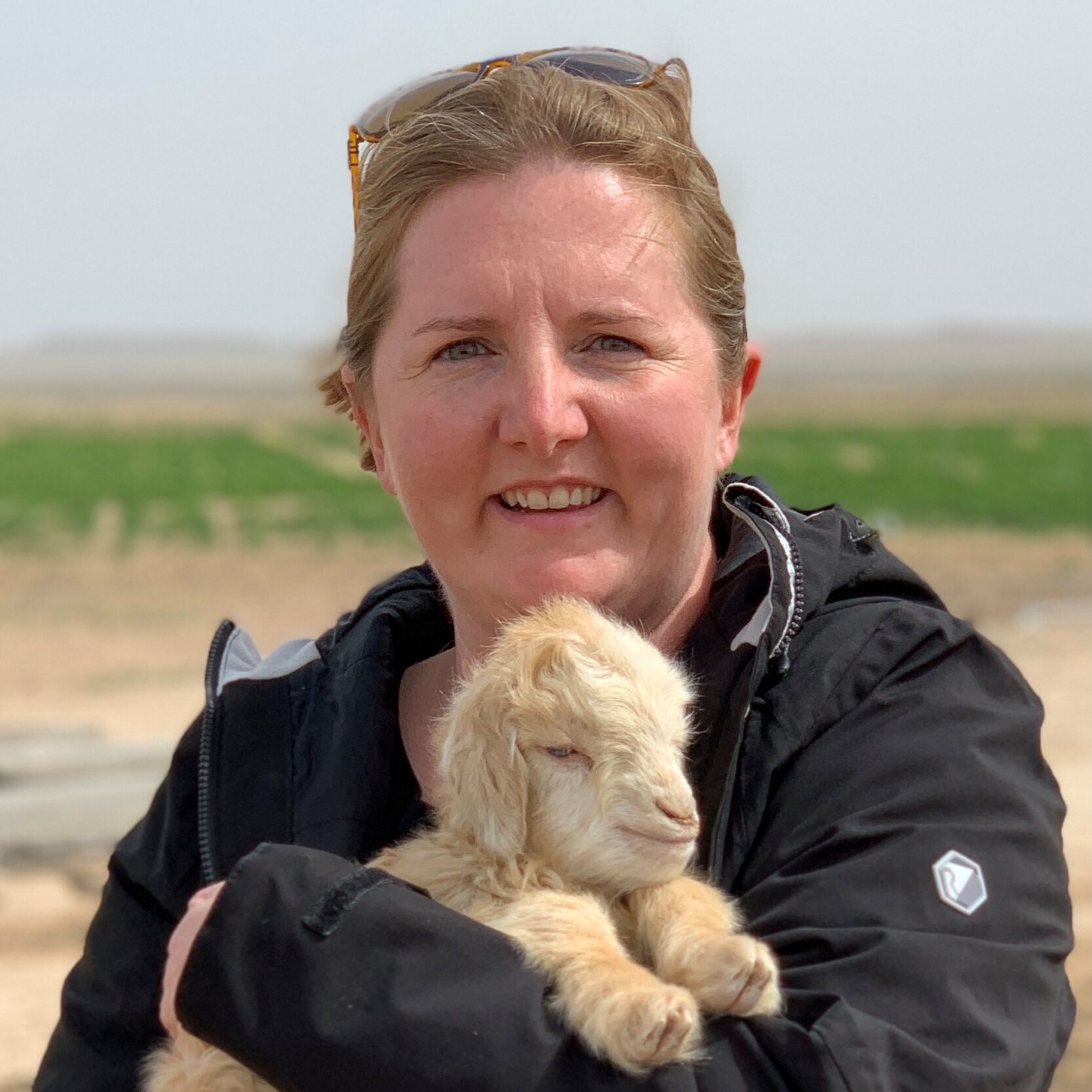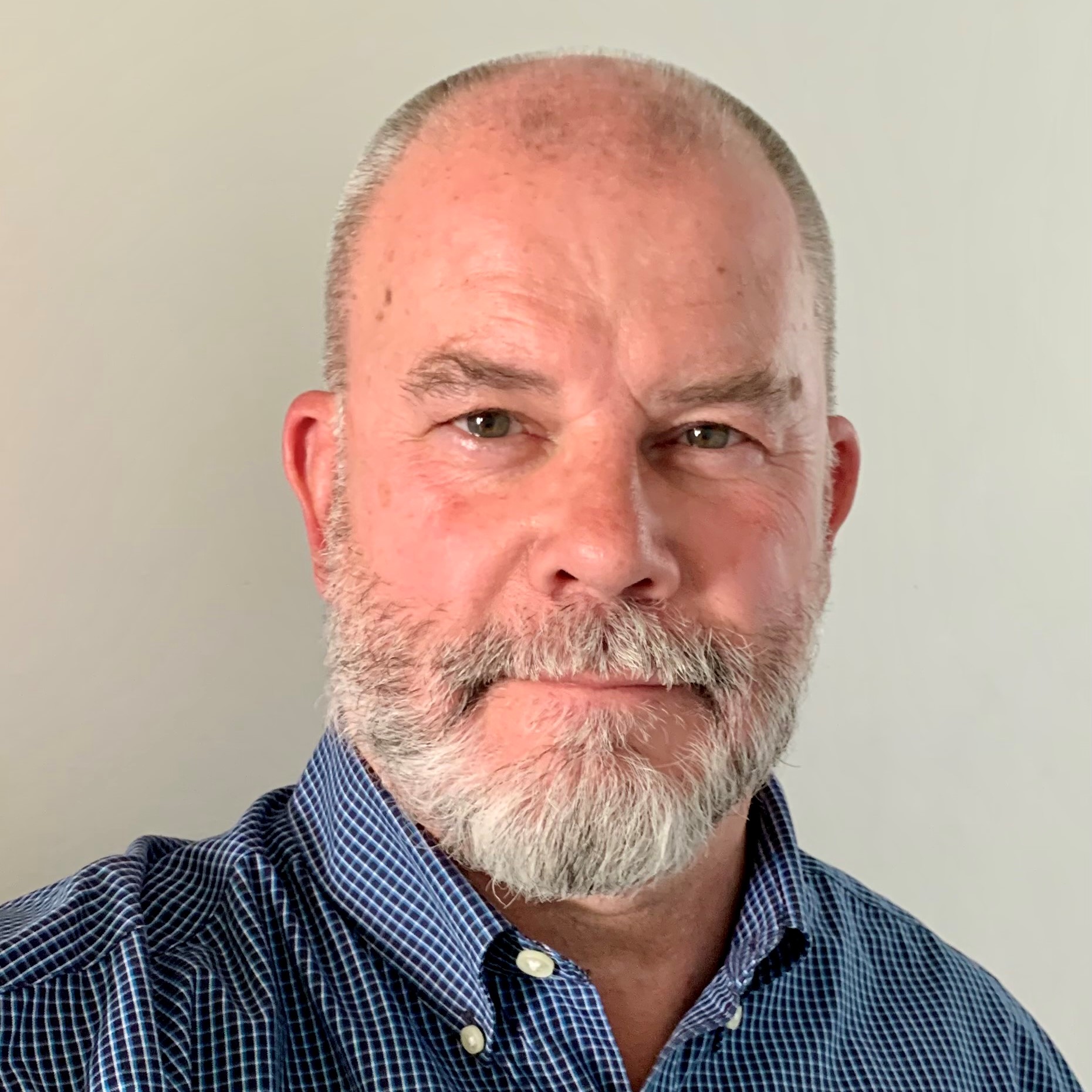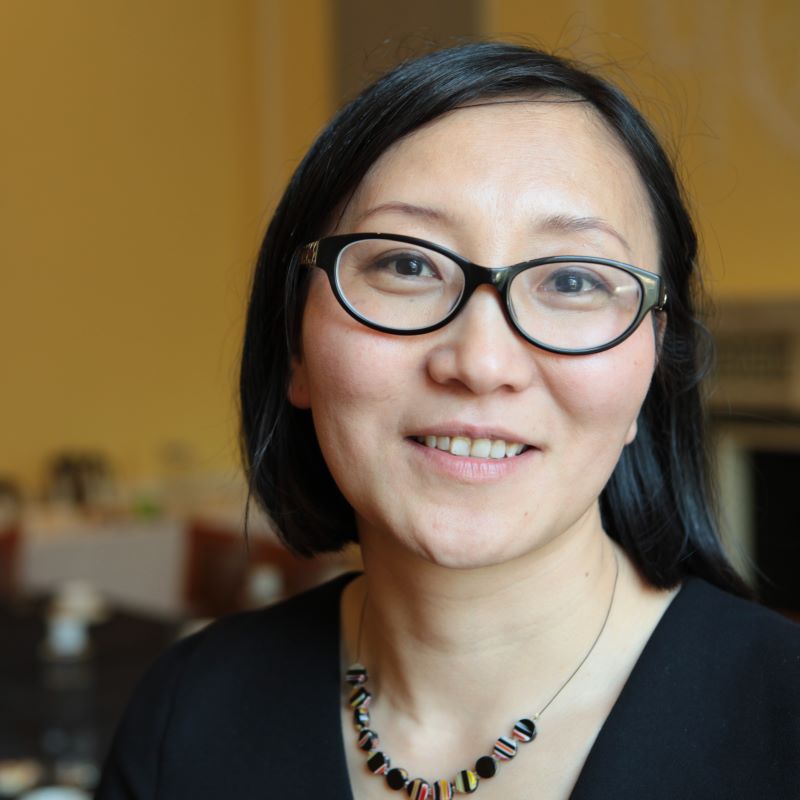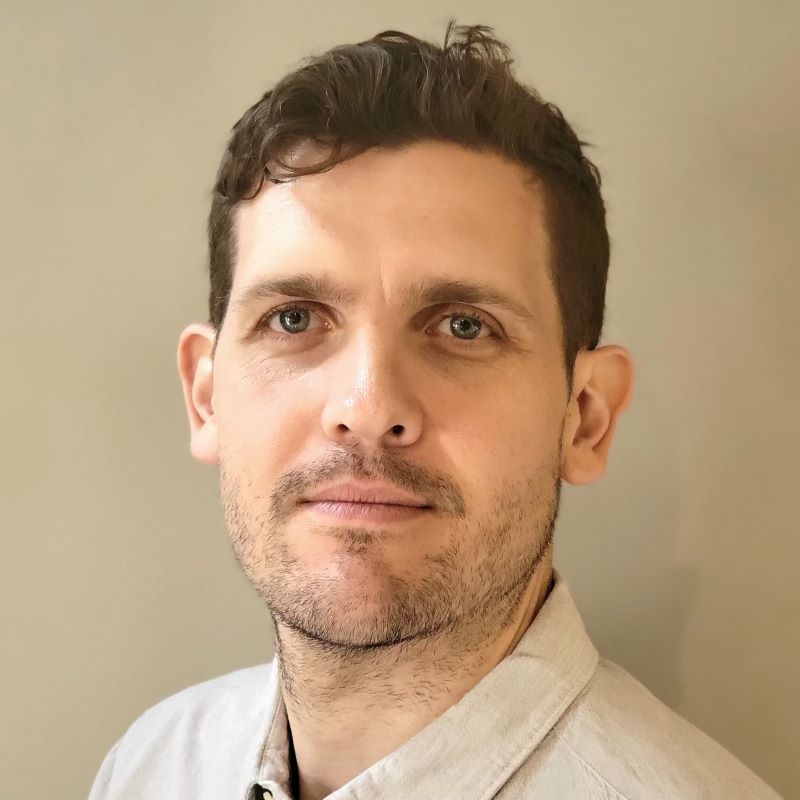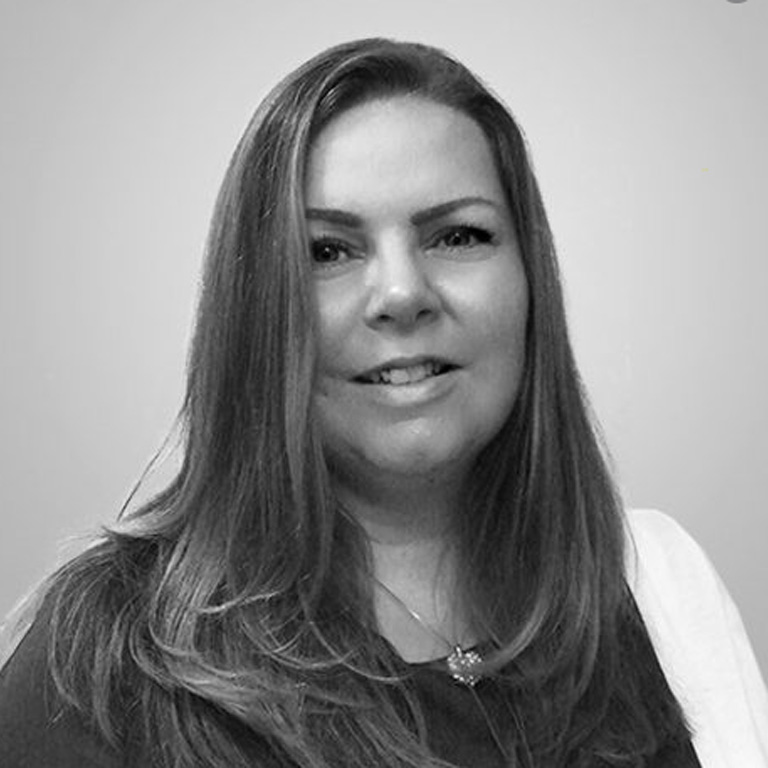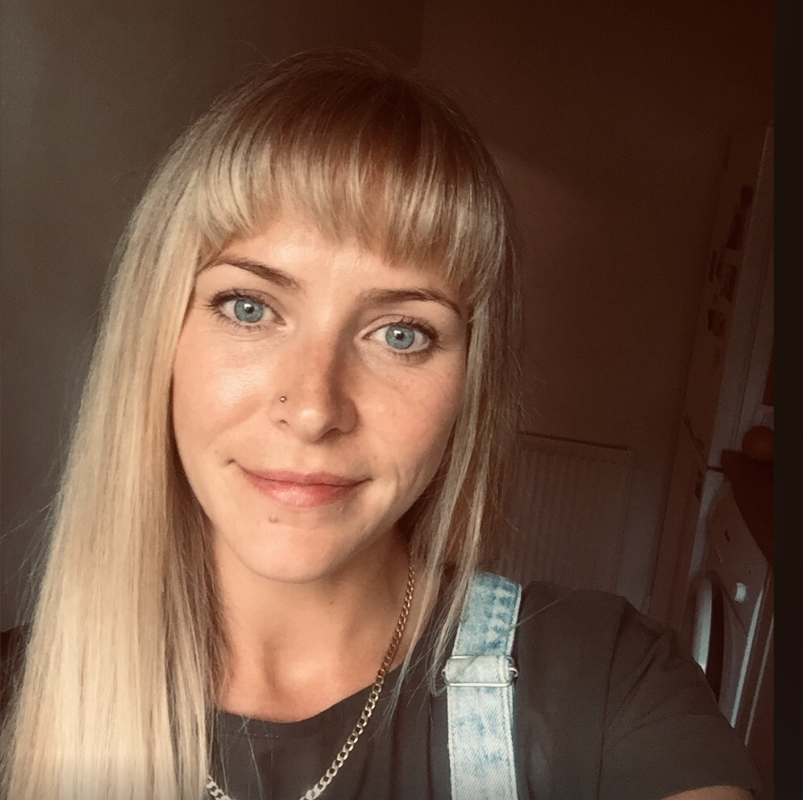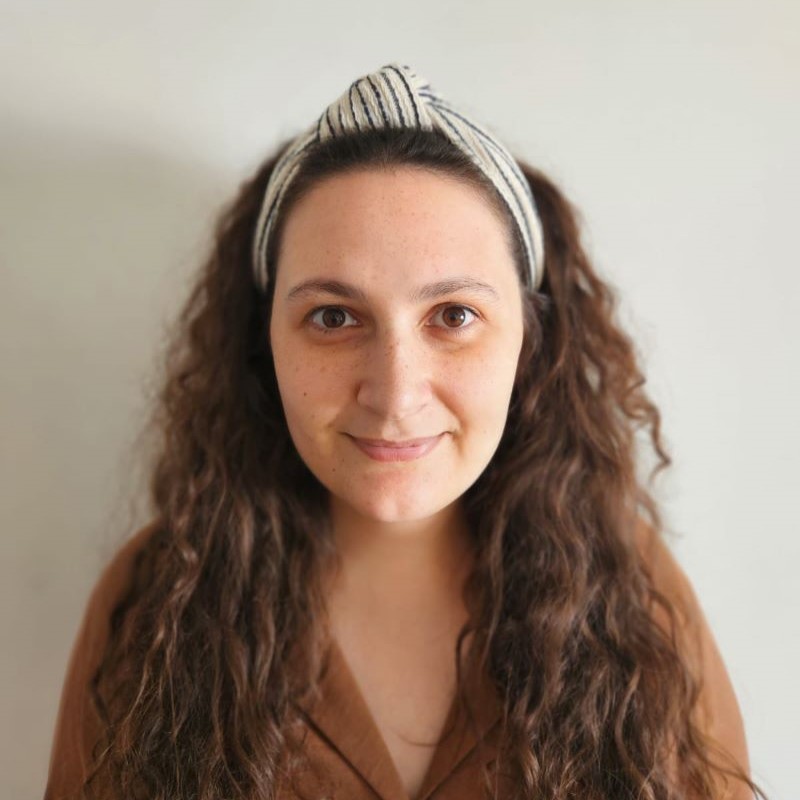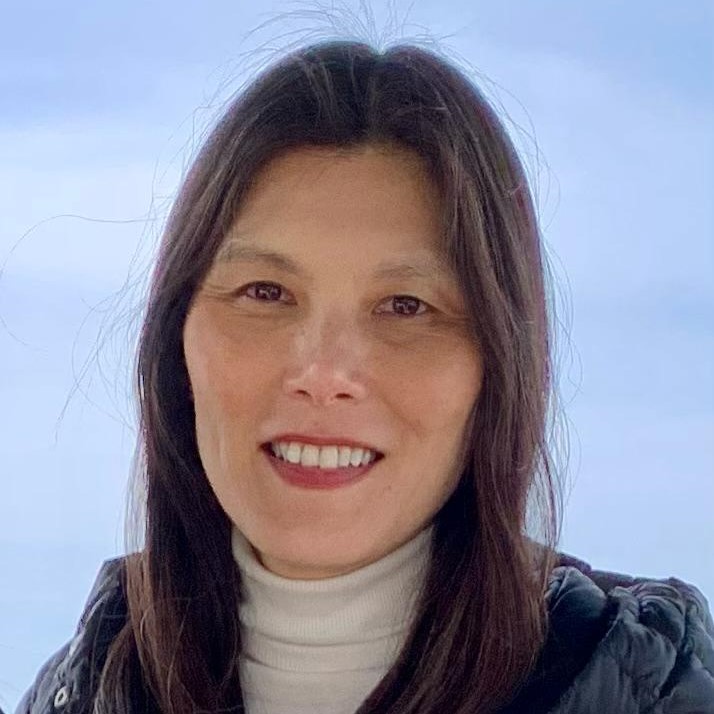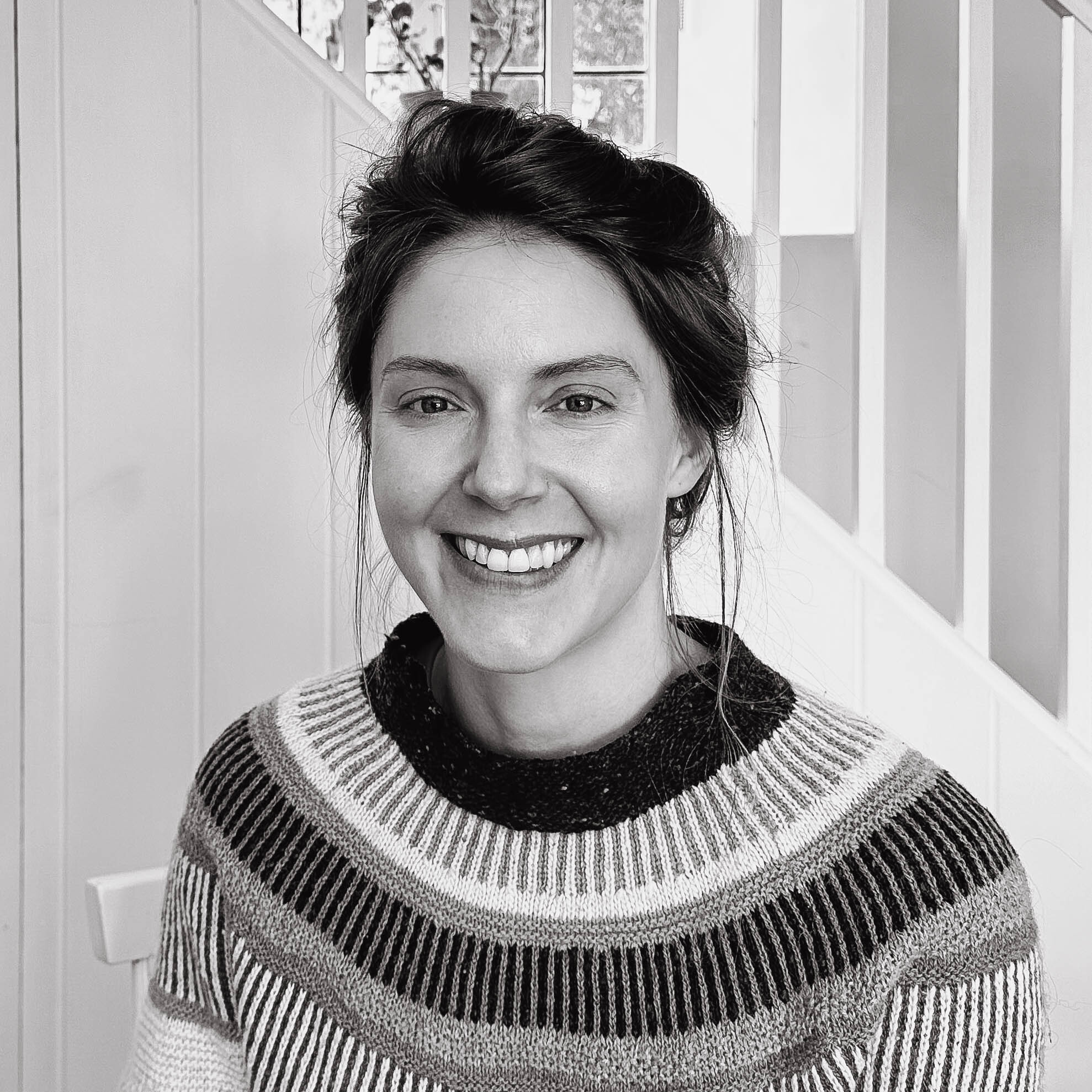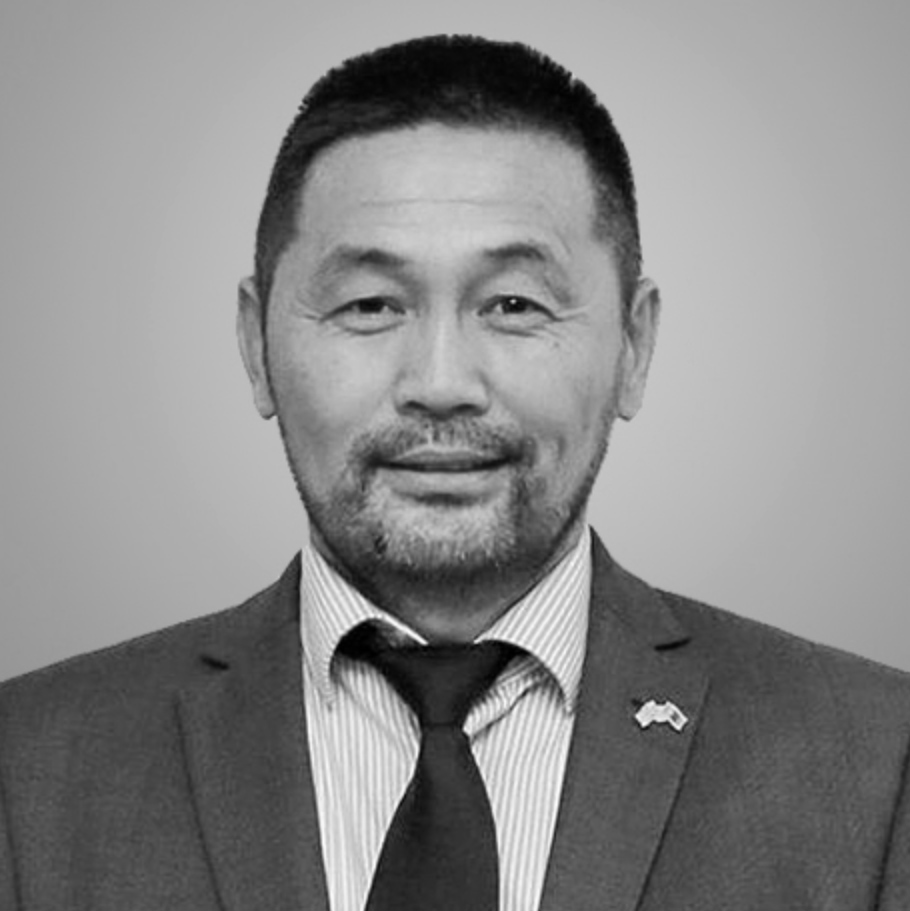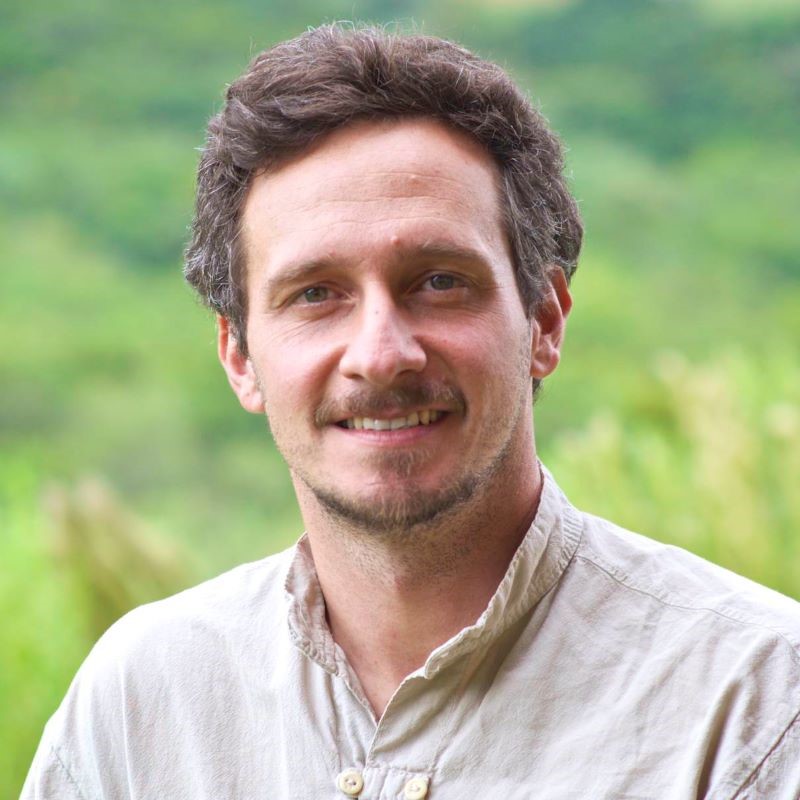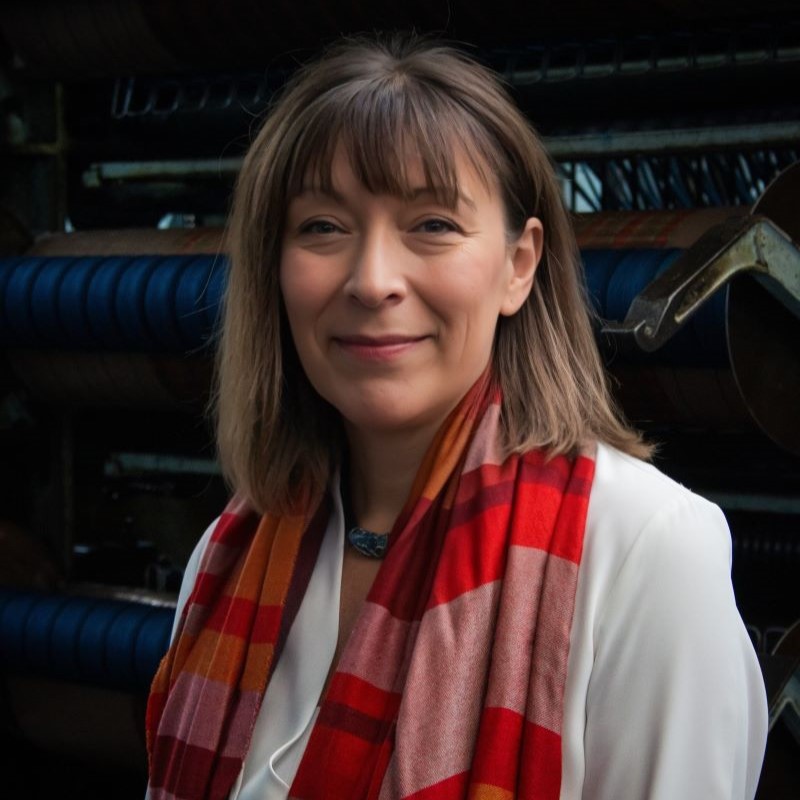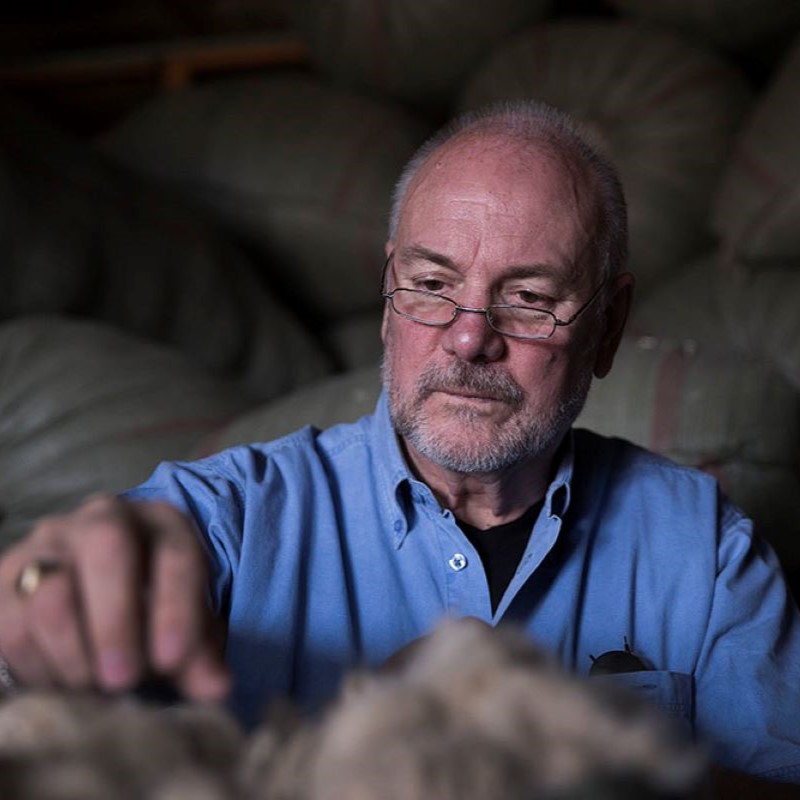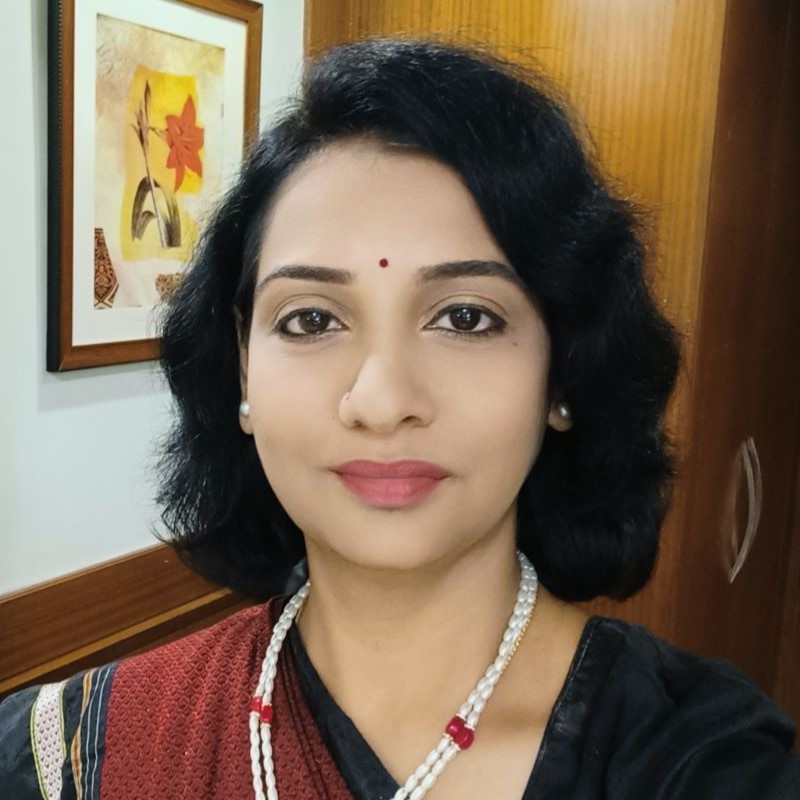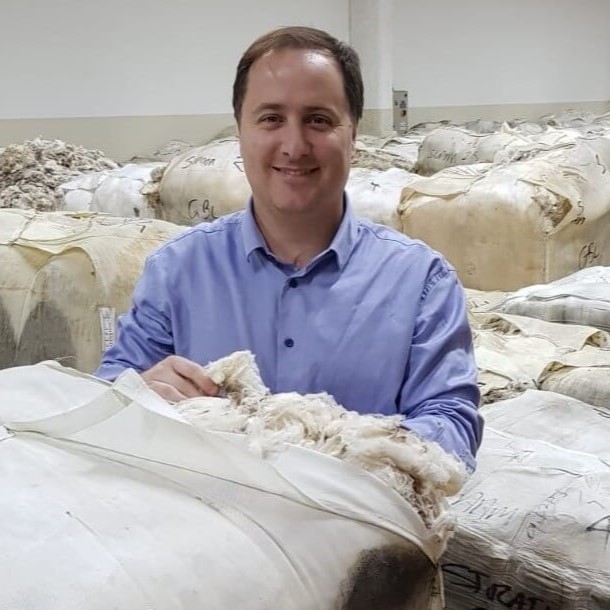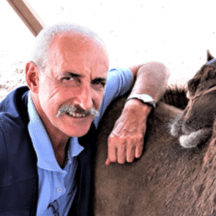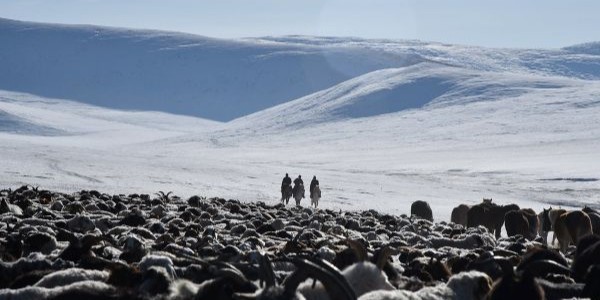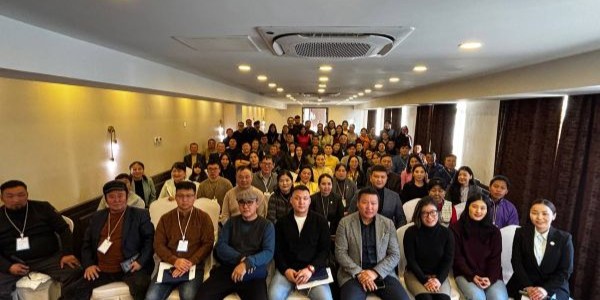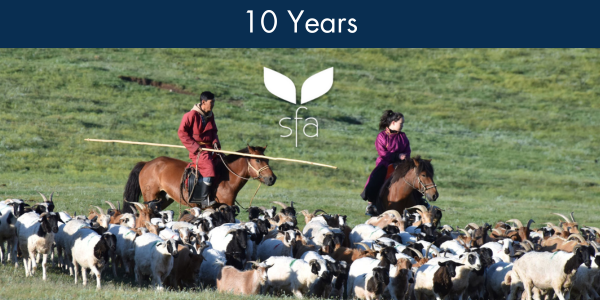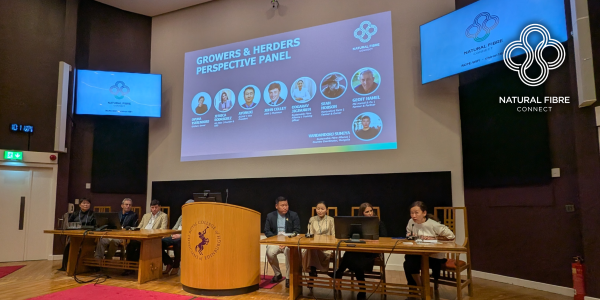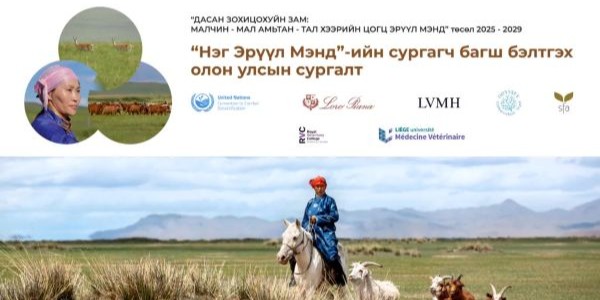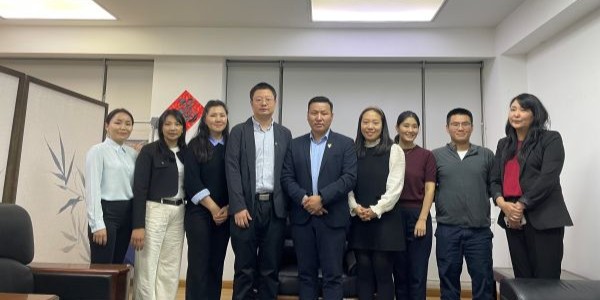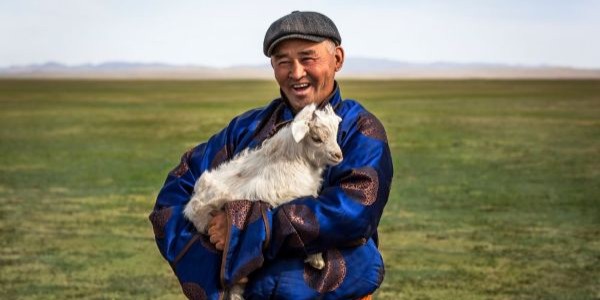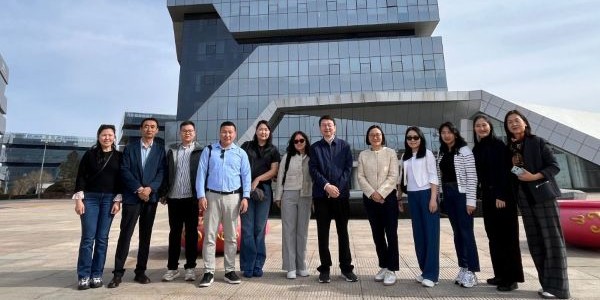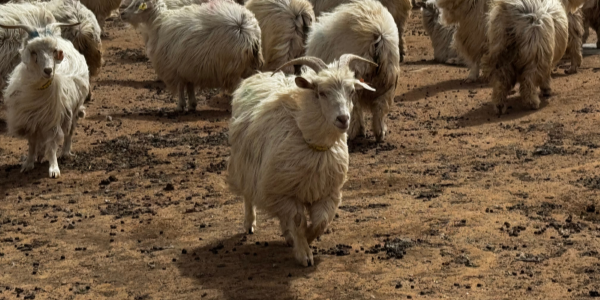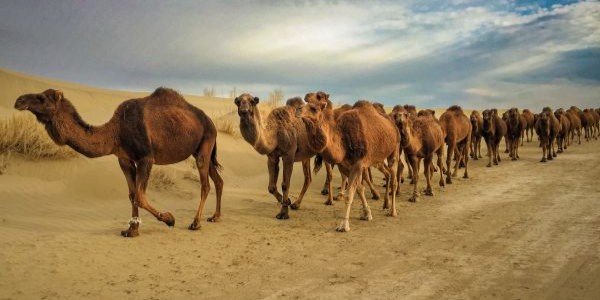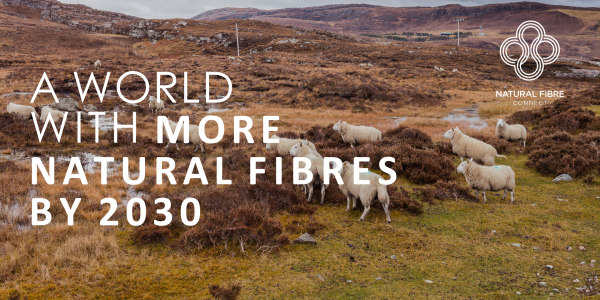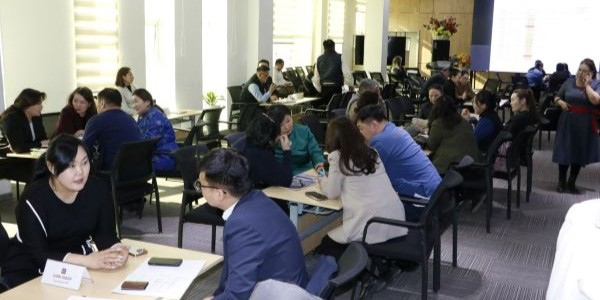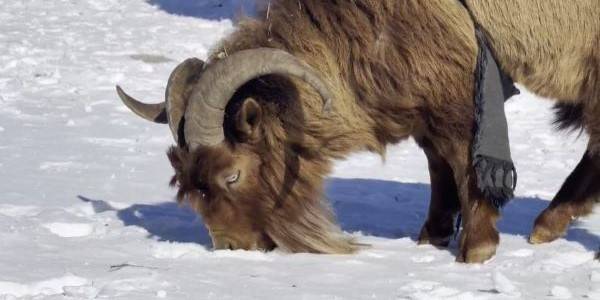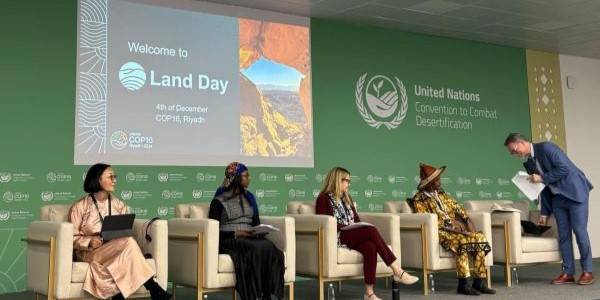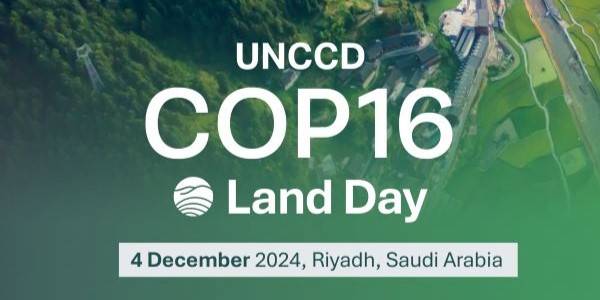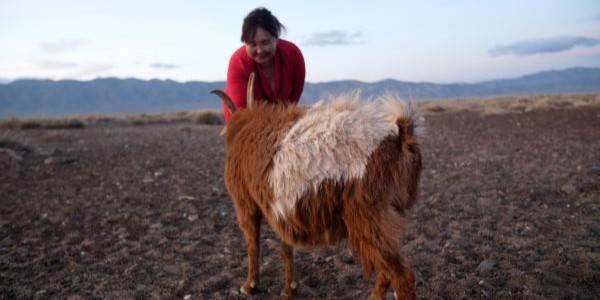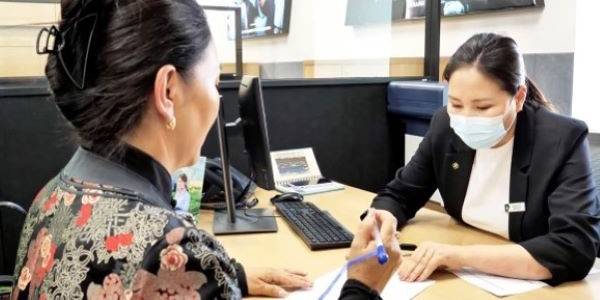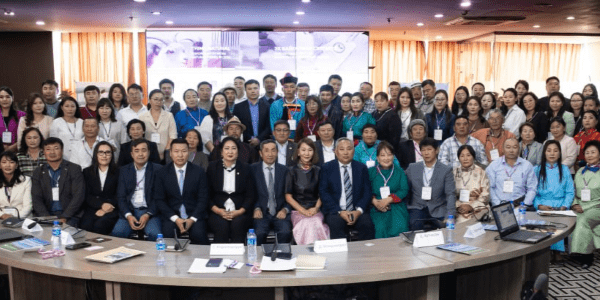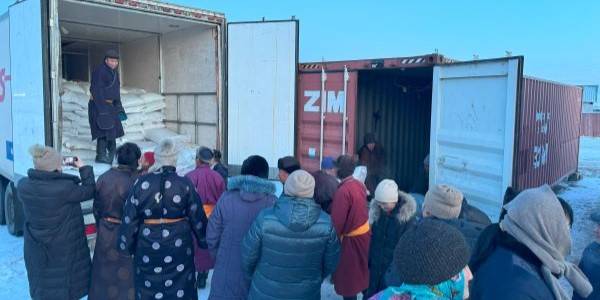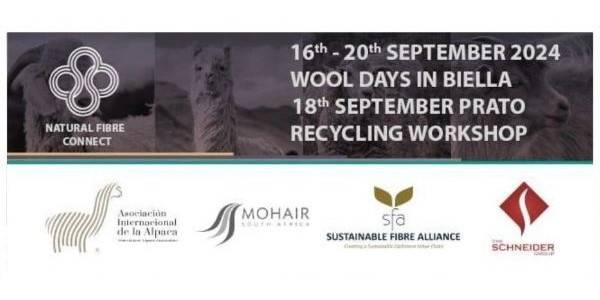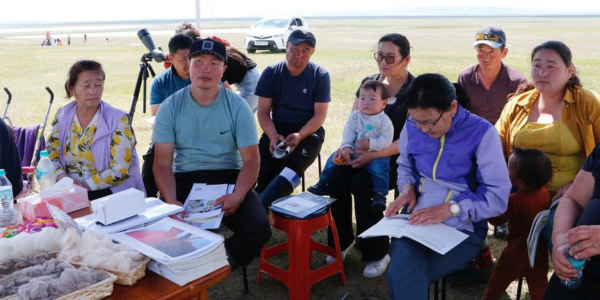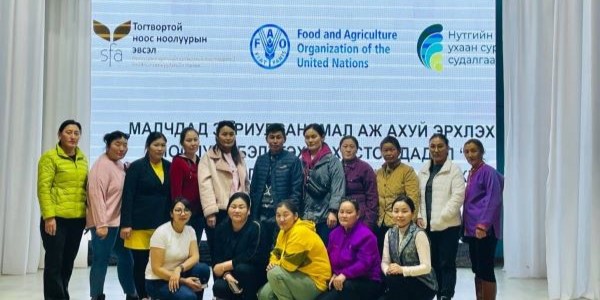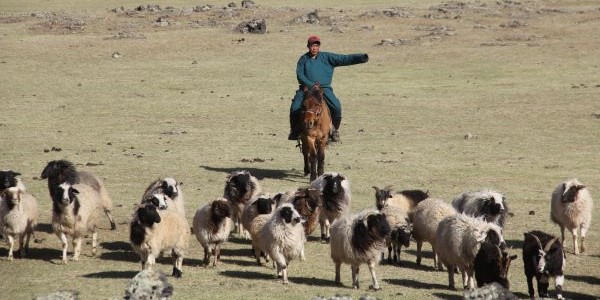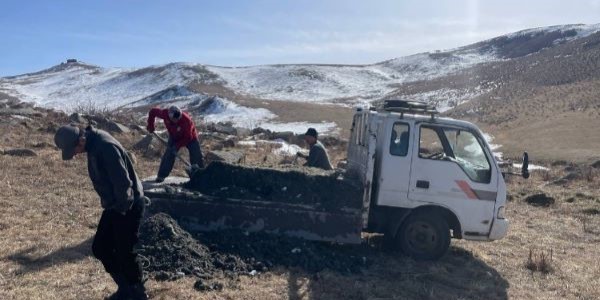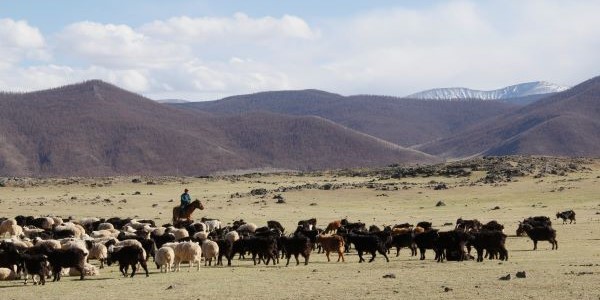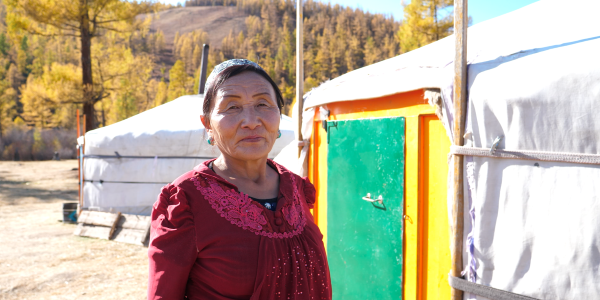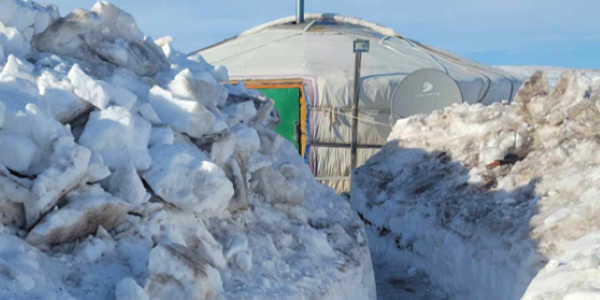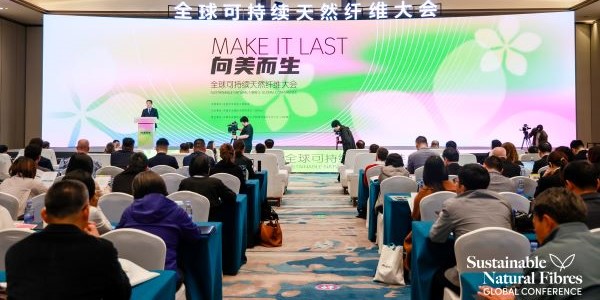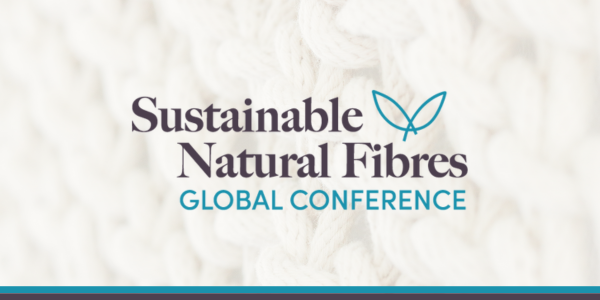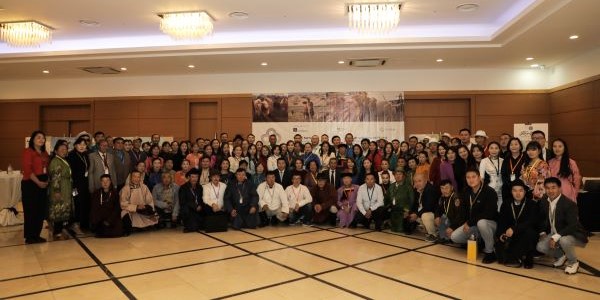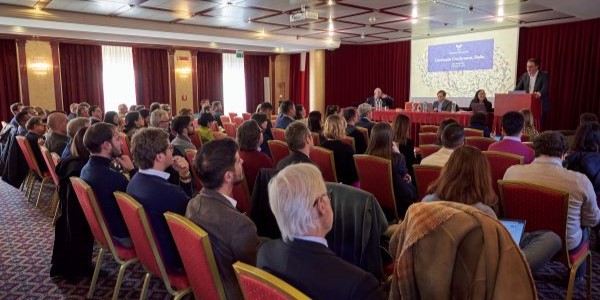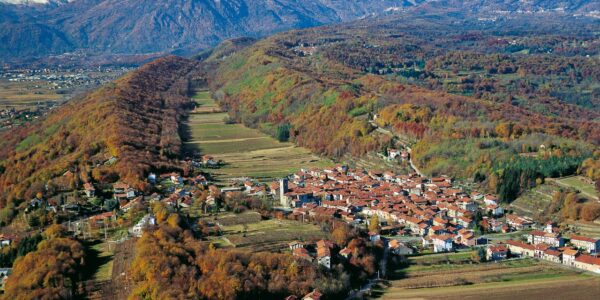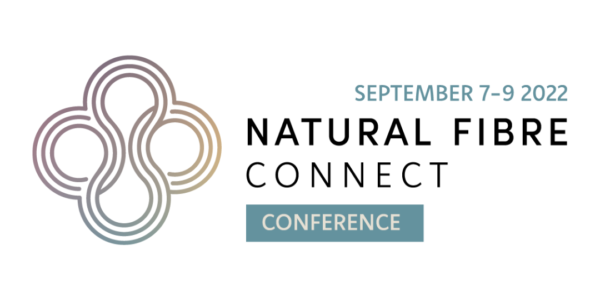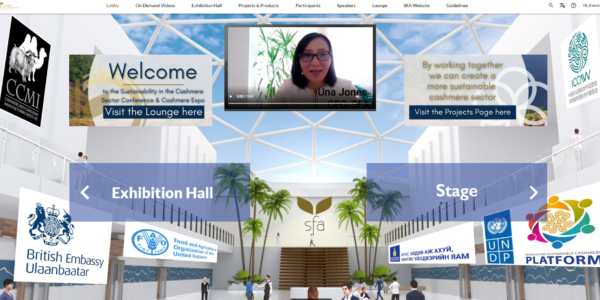SUSTAINABLE FIBRE ALLIANCE
The Sustainable Fibre Alliance (SFA) is a non-profit standard-holding and membership organisation. We represent a global alliance of supply chain actors, stakeholders, and industry experts with a mission to drive positive change in natural fibre value chains.
Through our work, the SFA aims to minimise the environmental impact of cashmere and other animal fibres, safeguard livelihoods, and improve animal welfare standards. We work with the end-to-end supply chain, connecting livestock herders to brands and retailers in the global fashion industry.
The SFA Animal Fibre Standard outlines five global principles for responsible fibre production:
HOW TO GET INVOLVED
There are multiple ways to get involved with our work, and by doing so, you will be taking decisive steps towards securing a more sustainable future for natural fibres and the people whose livelihoods depend upon it.
Whether you are a brand or manufacturer looking to source SFA-Certified cashmere, a stakeholder wanting to provide feedback on our standards through public consultations, a business seeking opportunities to support one of our unique work programmes for herding communities, or a working professional looking to join our team, you can learn more about how to get involved here, or by clicking on the categories below.
MEMBERSHIP
Become a Member of the SFA
GET CERTIFIED
Discover how to become SFA-Certified
CLAIMS & COMMITMENTS
Learn about making SFA claims & commitments
TRAINING SESSIONS
Attend online sessions with the SFA team
PROVIDE FEEDBACK
Participate in SFA Public Consultations
WORK PROGRAMMES
Start or Join an SFA Work Programme
JOIN OUR TEAM
Join our UK & Mongolia Team
WHY WE NEED TO ACT
Today, the sustainability and longevity of the cashmere and natural fibre industry are under threat with proposed changes to governmental policies potentially shifting in favour of man-made and synthetic-derived materials. Additionally, the disastrous effects of climate change are leading to degraded pastures, making them less able to support both domestic livestock and native wildlife.
Faced with unstable markets and rising economic hardship, herders are forced to give up their nomadic lifestyle and migrate to the cities, where job prospects are limited. If given the choice, many of these ‘stewards of the rangeland’ would continue to live in the countryside and continue the herding tradition, living close to nature and their animals.
Growing consumer awareness and industry regulation means that brands and retailers are under pressure to demonstrate responsible sourcing in their supply chains. The SFA offers a holistic and globally applicable standard that addresses the key sustainability and welfare issues related to cashmere and animal fibre production, providing assurance for ‘responsibly-produced fibre’.
Our APPROACH
The SFA encourages the adoption of responsible sourcing and production practices that benefit people, livestock and the environment. We are unique in truly representing herder voices and the strength of our producer relationships, due to the heritage of the SFA. Our standards allow companies to demonstrate their commitment to transforming the cashmere and animal fibre sector and make credible claims about SFA-certified products.
Market-led and grassroots
We provide a voice for the cashmere and animal fibres sector through a deep understanding of rangeland systems and the challenges facing livestock herders.
Collaborative
We work with others who share a common vision for cashmere and natural fibres, pooling our resources to maximise our impact on the ground.
Evidence-based
Our work is holistic and adaptive, incorporating social-ecological research with local traditional knowledge and best practice.
Inclusive
Our membership brings together the whole supply chain, from herders and farmers to traders, processors, manufacturers, brands and retailers.
GUIDED BY NUTAG
We believe that for cashmere and other animal fibres to be truly sustainable, we must look at the whole system. This principle of holistic sustainability is at the heart of our approach and is captured by the Mongolian word nutag. Nutag refers to the concept of “homeplace” or “homeland“, but it also encompasses the nomadic culture of herders, their ancestral history, indigenous wisdom, and traditional knowledge. In other words, nutag describes everything about pastoral life.
We’ve used this concept to guide our approach, working with herders, practitioners and academics to incorporate traditional knowledge with scientific knowledge and best practices to promote resilience for rangelands.
WHERE WE WORK
The SFA has offices in the UK and Ulaanbaatar, Mongolia, and a partnership with the International Cooperation Committee for Animal Welfare (ICCAW) in China.
The SFA Animal Fibre Standard and Clean Fibre Processing Standard cover raw production and primary processing of cashmere and animal fibres in Mongolia, China and pilot projects in Afghanistan, while the SFA Chain of Custody Standard operates globally along the full supply chain. We work across 17 provinces in Mongolia and 8 regions in China.
We have over 80 members from 13 countries around the globe, consisting of traders, processors, spinners, suppliers, manufacturers, and brands and retailers.



